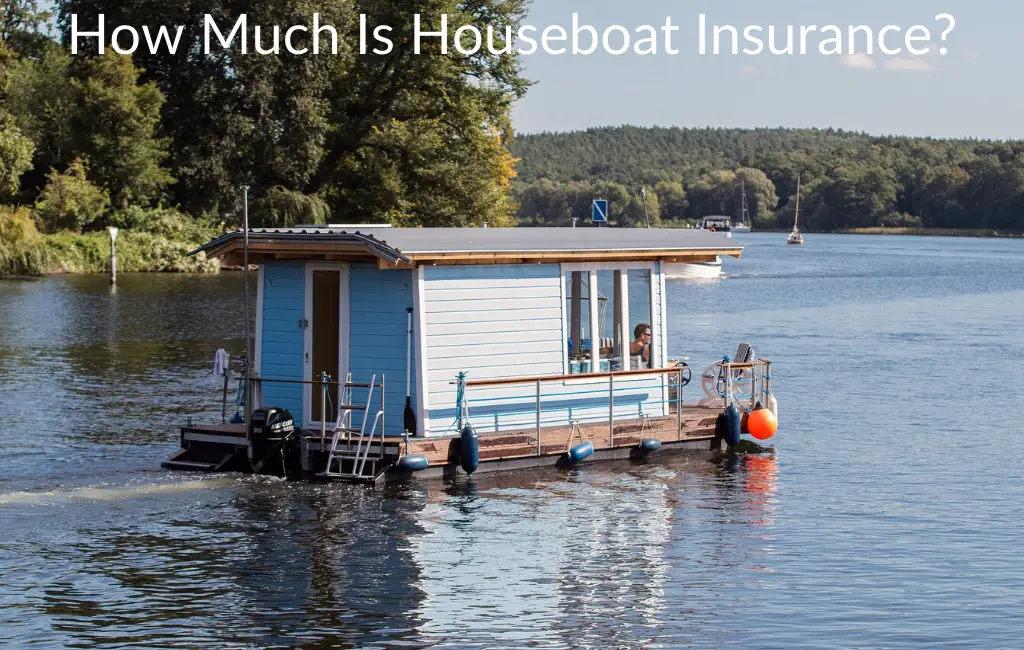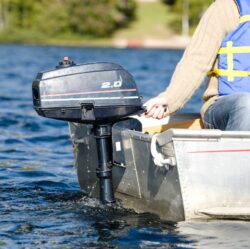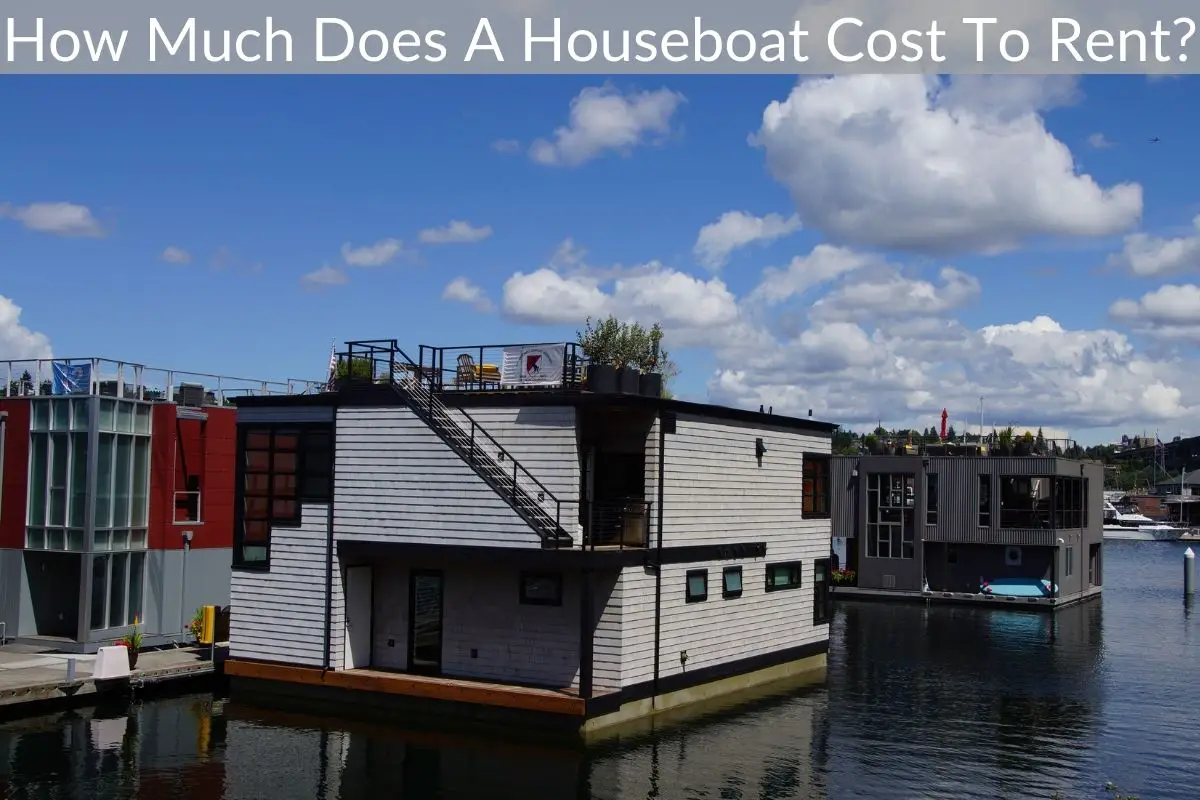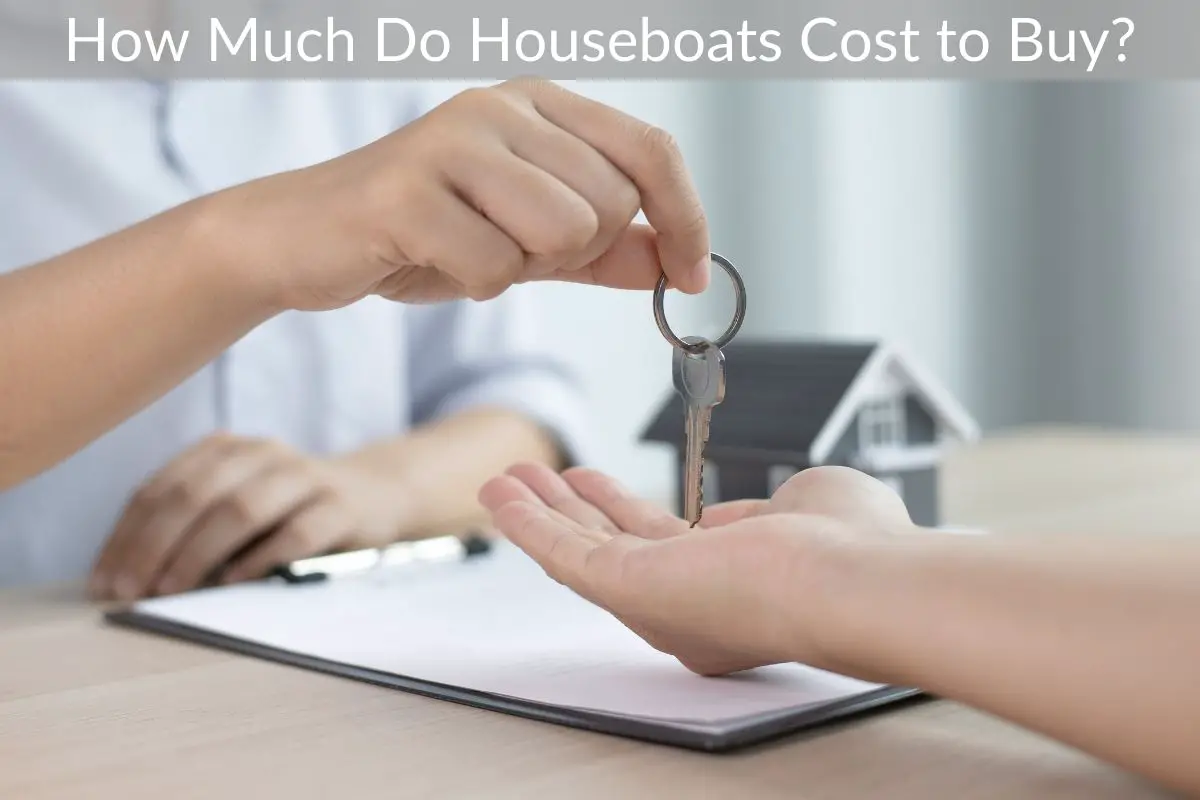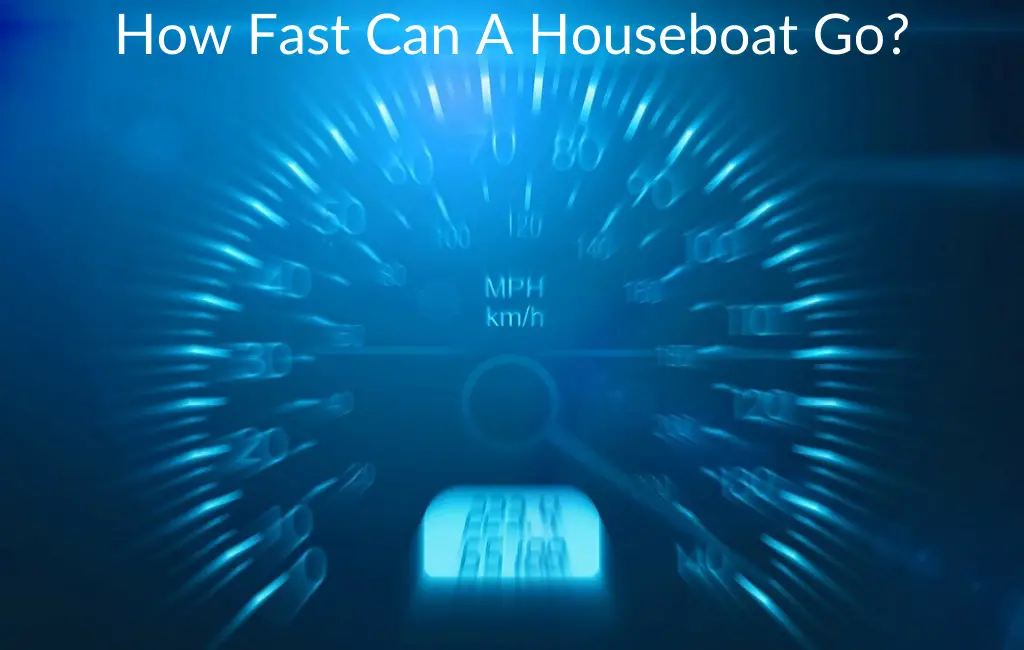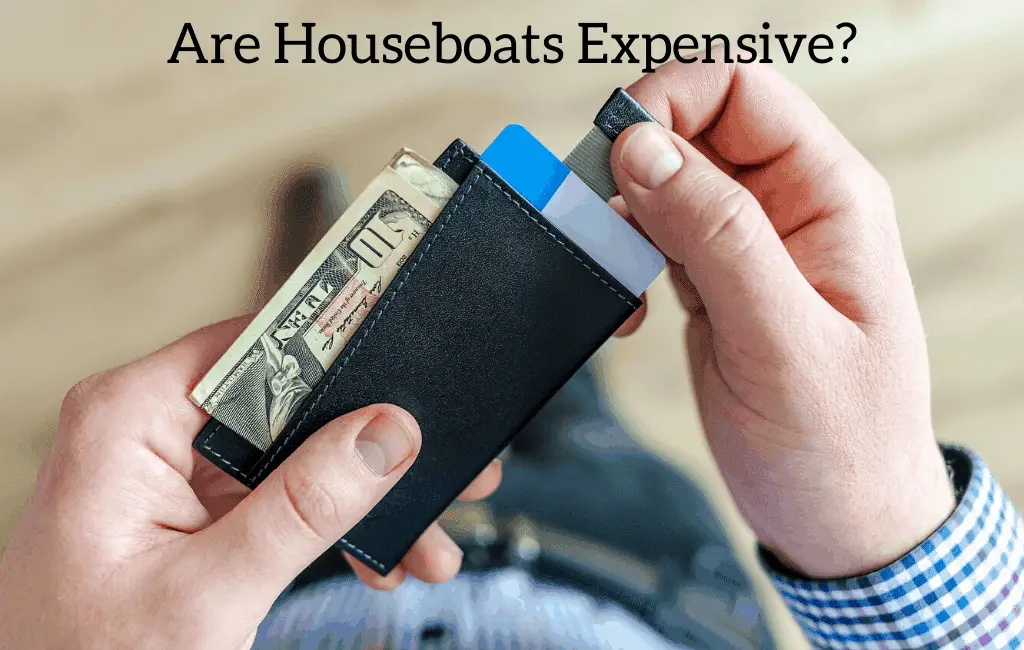*This post may contain affiliate links. As an Amazon Associate we earn from qualifying purchases.
Every state has different laws on the books in regards to boating in general but many states also have laws that are specific to houseboats.
In this article, we will be discussing the houseboat laws for Florida.
There are tons of amazing gadgets that are super popular and almost a “must have” for your boat.
Accidents
As a houseboat owner or operator it is your responsibility to report all accidents or incidents involving your houseboat to the proper authorities.
Similar to a car accident, you can’t hit something with your boat and then leave. You are required to stay at the scene and make a report. FL 327.30
Reckless Driving
As the boat owner it is your responsibility to make sure that you are driving and operating your boat in a safe manner. You must follow the posted wake and speed restrictions as well as ensure that your boat is always being driven in a manner that would prevent harm to come to other people or their vessels. FL 327.33
Diving
If you or someone in your party is diving under the water you are required to have a diver down buoy. This is for the safety of the diver as well as to prevent accidents with other watercraft. You must use a diver down buoy even if you are just snorkeling. The swimmer must also attempt to stay without 100 feet of the buoy. FL 327.331
Boating Under the Influence
If you are operating the boat, you are required to have a blood alcohol content below 0.08. This is only when you are actually operating the boat so people on the boat can have a higher blood alcohol level than that but the driver of the boat must be sober. Just as with a car, it is always a good idea to have a designated driver to pilot the boat back to shore or just plan on staying anchored until the following day. FL 327.35
Water skiing, parasailing etc.
If you are towing someone who is water skiing, parasailing, etc. you are required to have an additional person on your boat to watch the person being towed. This person must be someone besides the driver of the vessel.
Water skiing, parasailing, etc. can only be done from 30 minutes before sunrise to 30 minutes after sunset. This is of course for the safety of the skier as in the dark the possibility of them getting hit by a boat without being seen goes up substantially.
The person who is off the boat performing the water sport is required to wear a non-inflatable flotation device that conforms to current Florida laws.
Parasailing is prohibited within 100 feet of the Florida Intracoastal Waterway or within 2 miles of any airport.
Water skiing and other similar activities are prohibited for anyone that is under the influence of drugs or alcohol in so much that their normal faculties are impaired. FL 327.37
Personal Watercraft
Anyone on a personal watercraft must wear a non-inflatable life jacket approved by the US Coast Guard. The driver of the personal watercraft must attach the lanyard engine shut off switch to themselves if one is on the craft.
No one under the age of 14 is allowed to operate a personal watercraft.
The driver of the personal watercraft must operate it in a reasonable and prudent manner. Don’t do stupid things including weaving in and out of other boats, jumping the wake of other vessels while being close to them, and swerving at the last possible moment to avoid a collission (no playing chicken). FL 327.39
Boating Safety Education
A person born after January 1, 1988 must have a valid driver’s license and a boater safety identification card or another form of identity that shows that the person has taken a boaters safety course.
This statute applies if the vessel being driven has a motor that is over 10hp.
A person is exempt from this requirement if they:
- Are licensed by the US Coast Guard
- Operate the vessel on a private lake or pond
- Are accompanied by a person who is exempt from this statute or holds a boater safety identification card.
- Are operating a vessel within 90 days of purchase
If you were born before January 1, 1988, you are in luck! In the state of Florida you only need to have your driver’s license to drive a boat! FL 327.395
Anchoring of Vessels
Anchoring of vessels overnight (from 30 minutes after sunset to 30 minutes before sunrise) is prohibited in the following areas:
- The section of Middle River lying between Northeast 21st Court and the Intracoastal Waterway in Broward County.
- Sunset Lake in Miami-Dade County.
The sections of Biscayne Bay in Miami-Dade County lying between:
- Rivo Alto Island and Di Lido Island.
- San Marino Island and San Marco Island.
- San Marco Island and Biscayne Island.
During special events such as fireworks, music festivals, etc. a vessel may anchor for the duration of the special event or 3 days whichever is shorter.
You also cannot anchor your boat
- Within 150 feet of any marina, boat ramp, boatyard, or other vessel launching or loading facility
- Within 300 feet of a superyacht repair facility, meaning a facility that services or repairs a yacht with a water line of 120 feet or more in length
- Within 100 feet outward from the marked boundary of a public mooring field
Further information about boat anchoring can be found at FL 327.4108
Sanitation
If your vessel is over 26 feet long and has berths it is required to have toilet facilities. A houseboat is required to have a permanent toilet facility while other vessels may have portable toilets. The toilet must be connected to a Type III marine sanitation device or permanently attached to a shoreside sewage disposal.
Raw sewage is not to be discharged into the waterways (for obvious reasons). All waste from your toilet/ toilets must be disposed of at a proper waste disposal location. FL 327.53
Fuel Storage on Boats
Any fuel storage on board your boat must meet federal guidelines or be approved by the US Coast Guard. Any fuel that is transported in a portable container must be in a compartment that is properly ventilated. FL 327.66
Houseboat laws can be difficult to understand and vary by state to state. Make sure to do your research before deciding on what is the best state to start your houseboat journey.
The above are the current laws for the state of Florida with the attached links to relevant sections of the code. Laws can change so before you make any decision be sure and contact your local jurisdiction to be sure that the laws haven’t changed in your area.

